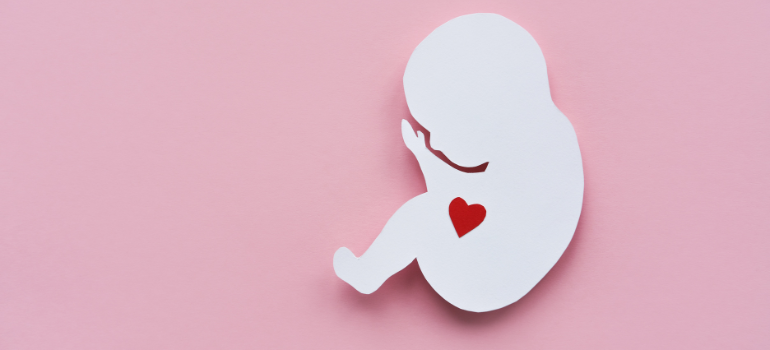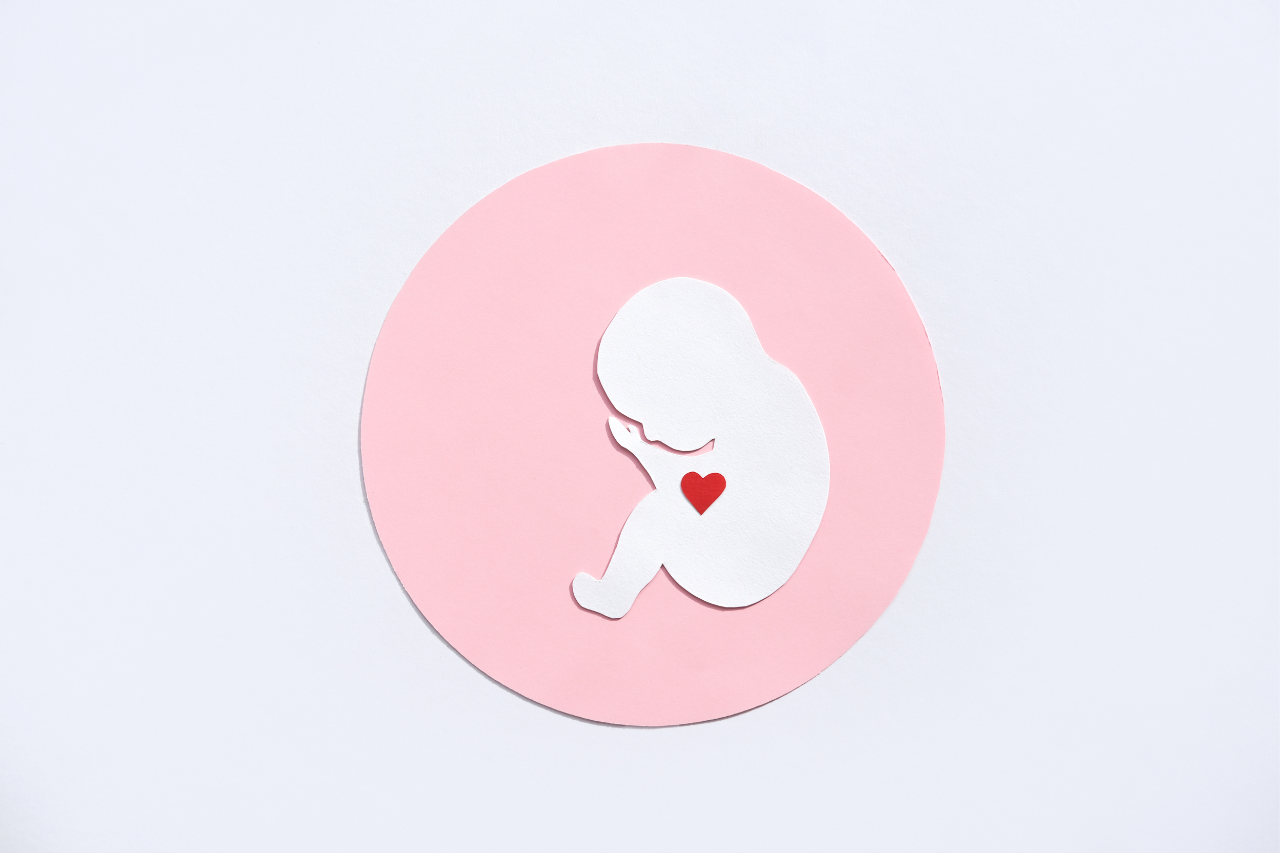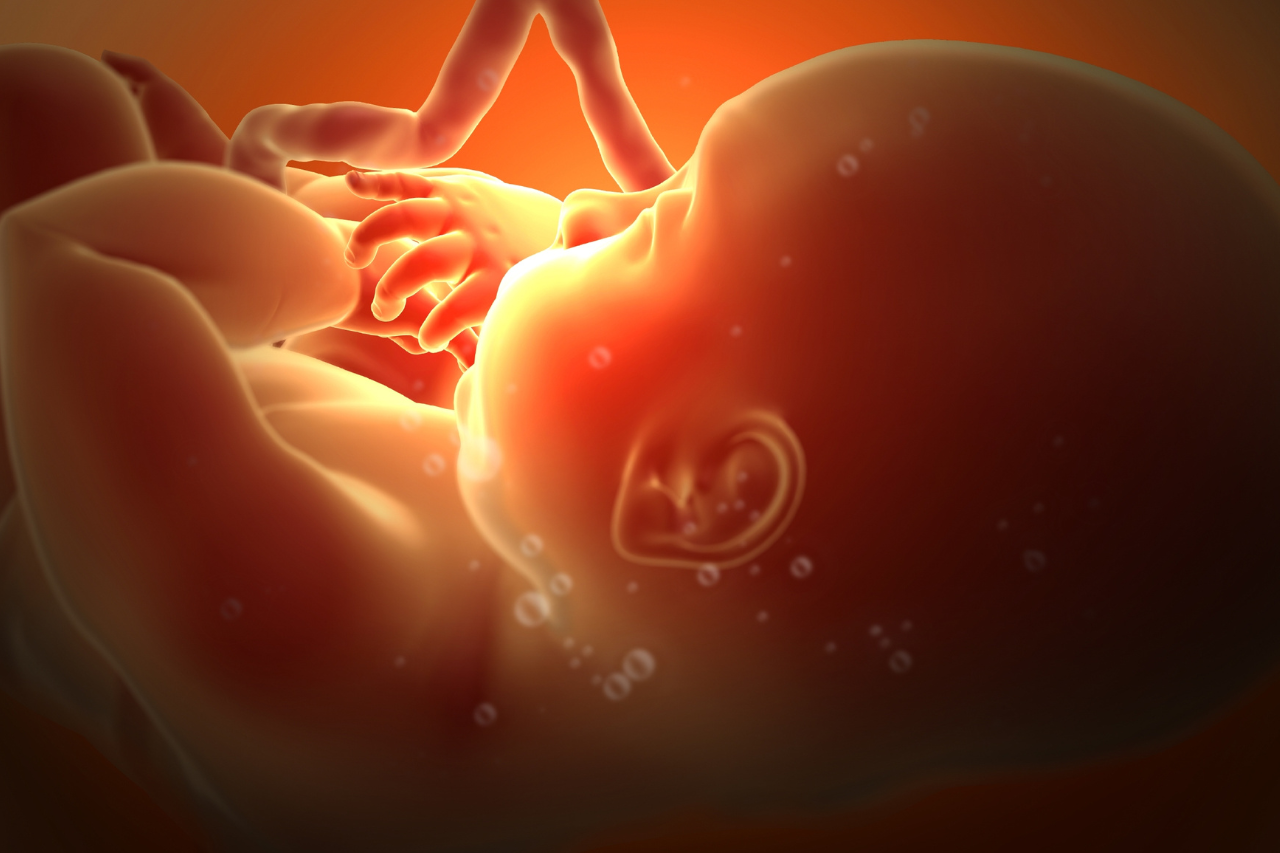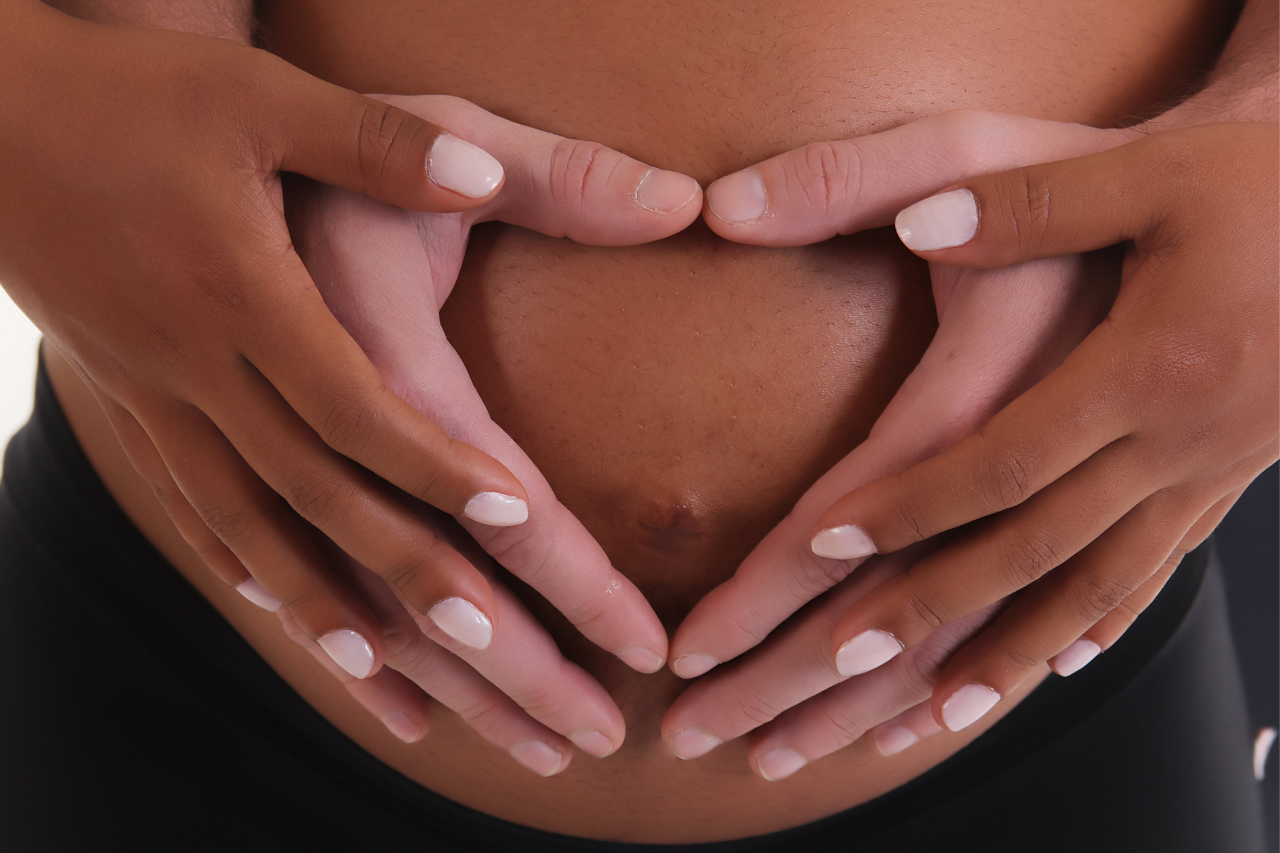
What to do after embryo transfer? 10 tips for caring yourself.
Embryo transfer day is an exciting and full of expectations moment in the IVF process. Your dream is close to become true. You have already been prepared following your doctor’s instructions to start or continue maintaining a healthy lifestyle. Your body is ready to accept the embryo transfer. The following tips will help you to go through that period safely and enjoy it with calm and joy.
Time to pamper yourself
After such a stressful procedure, you deserve to let yourself relax and rest. Embrace this period and feel the sweet waiting of your baby in mood of calmness and balance. Read a book, see the movies you always wanted to, or start journaling your days till your baby is born. Take up a new hobby, like knitting, painting, or make a big puzzle, read magazines, find ideas for the baby’s room.
Give your body time to rest
Your body has been passed through a demanding period and you need to give it time to recover and be even more hospitable to the embryo that has just been transferred. That does not mean to be in bed or on a couch all day long, considering that it will help you keep the embryo. After 72 hours, you can resume normal activities, even going back to your office. It is substantial to feel your life goes on normally, as you keep doing things you used to do in softer tons and skipping vigorous habits or hobbies.

Continue Taking Your Medicines
Nobody likes taking medicines or injections. But except the IVF process, the period after the embryo transfer may require one or both of them, in order to give the pregnancy the best ‘’environment’’ to proceed. This is the reason you may need to continue taking progesterone, an important hormone, not only critical in IVF treatment, but also substantial after the embryo transfer since it helps your uterus be even more receptive.
Have a healthy and nutritious diet
Healthy food plays its own important role during your preparation for IVF and so it does after the embryo transfer and during pregnancy, too. Ideally, prefer fruits and vegetables, food rich sources of calcium, minerals, B vitamins, and iron, lots of protein, and fiber, healthy fats, legumes and low-fat poultry. Limit, or even better avoid junk food, often containing high levels of saturated fats and sugars. It is the key to have blood sugar control, a factor that helps transfer and embryo development. Of course, do not forget to keep your body hydrated.
The supportive role of supplements
Your body needs extra nutrients you can take from food and supplements that will help you correspond to that crucial period. Taking vitamins D, E, folic acid, L-arginine, and Omega-3 are shown to improve the thickness of the endometrial lining. Also, calcium is essential for bone formation and the function of enzymes and hormones. Of course, it is very critical to follow your doctor’s instructions and the medication he will prescribe combined with the necessary supplements.

Stay away from Endocrine disruptors
Pay attention to endocrine-disrupting chemicals found in many ”innocent” products. They are known as BPA (Bisphenol A) and EDCs -Endocrine Disrupting Chemicals- which provoke endocrine disrupting. Some of them can cross the placenta and interfere with the development of your baby’s organs in uterus. The problem is that you can find them almost everywhere, in household objects, plastic bottles, metal food cans, detergents, food, toys and pesticides. Parabens are one of the most known since they are used in make-up, lotion, hair care products, shaving creams, toothpaste, suntan products, and some deodorants. Be careful with the labels and make sure that the product is BPA-and ECDs-free.
Listen to your body
Your body talks. If you see something, that looks strange, or ”wrong”, pay attention and inform your doctor. It is most probable that there will not be something to worry about. That does not mean that you have to put yourself in a stressing situation or to treat yourself like glass. If you feel you need rest, relax. If you want to exercise do not be afraid to do so, but first check with your doctor when you can start. Besides, most of the doctors encourage women to follow their daily routine activities after the transfer since that helps cope up with the anxiety of waiting, recommending mild exercise, slow walking, treadmill, stretching. Yoga, also, can help you to move some of the stress out of your body and your soul.
Yes to shower, No to baths
After the embryo transfer, you may feel the need of a hot bath to relax. But, bath, swimming pools, jacuzzi, saunas and spas are not recommended for at least 2 to 4 weeks, according to some doctors. You can have a shower because it will not elevate your body temperature, since embryos do not like heat. Besides, your hygiene maintenance is important, so you may make a short shower one time a day, from this day forward.

The 4 No’s that you have to say
Smoking, alcohol, sex, test. Smoking and alcohol consumption can cause risks after embryo transfer in the uterus and may disrupt pregnancy. Additionally, drinking alcohol can interfere the medicines efficacy and their desired beneficial effect.
Sex; it is necessary to abstain for at least the first days. The reason is that sexual intercourse can trigger uterine contractions risking the safety of the whole IVF process.
Pregnancy test; don’t be tempted to take a pregnancy test before the period of two weeks, because it is too soon and often produces false results making you feel disappointed for no reason.
Keep distance
It is safer for both of you to keep distance from situations that may affect your IVF process being in the stage of embryo transfer. It is natural to need the company of a friend or loving relatives to talk, to share your IVF journey. You have to be very careful avoiding contact with people that might have colds, flu or diseases that can be contagious.
A new circle is starting within the next few weeks after embryo transfer taking you closer to the motherhood. It is very important to keep taking care of yourself, even more now, because you have a new life inside your body. Your baby.



